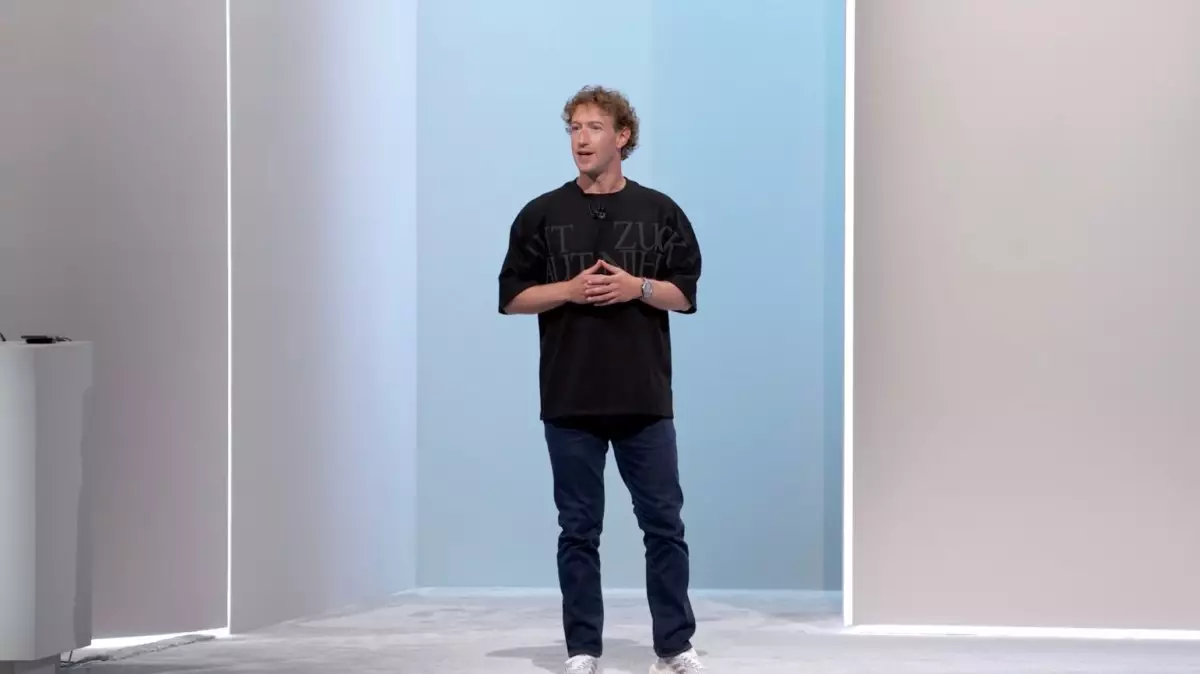In an exciting move for the tech world, Meta has announced its inaugural developer conference dedicated solely to generative AI, aptly named LlamaCon. Scheduled for April 29, this event aims to spotlight Meta’s ongoing commitment to open-source AI development, particularly through its Llama family of generative models. Upon its announcement, Meta emphasized that developers would gain insights into latest advancements and tools that could empower them to create innovative applications and products. In a landscape increasingly defined by competition in artificial intelligence, Meta’s proactive approach signals a significant engagement with the developer community.
For several years now, Meta has adopted an open-source philosophy for its AI technologies. This decision is rooted in the belief that by fostering collaboration, developers can contribute to creating a thriving ecosystem of applications and platforms. While the specific number of applications built atop Llama remains undisclosed, notable names like Goldman Sachs, Nomura Holdings, and DoorDash have leveraged Llama’s capabilities. The acknowledgment of partnerships with industry giants such as Nvidia and Dell further illustrates Meta’s strategic approach to AI. With hundreds of millions of downloads of the model, the uptake by significant companies indicates a robust interest and reliance on Meta’s offerings.
Despite its advancements, Meta has faced notable competition, particularly from DeepSeek, a rising Chinese AI company. Reports suggest that DeepSeek’s technologies may eclipse the forthcoming version of Llama, prompting a scramble within Meta to reassess its competitive edge. The company’s distress over this situation is palpable, as it seeks to better understand how DeepSeek managed to lower operational costs associated with AI model deployment. This scramble reflects not just a reaction to emerging threats but underscores the urgency for continuously evolving AI technologies in an increasingly competitive marketplace.
Meta’s ambitious plans are backed by a substantial financial commitment, with the company pledging to allocate up to $80 billion on AI initiatives this year alone. This figure encompasses various aspects, including talent acquisition and the establishment of new AI data centers. Mark Zuckerberg’s vision for the next iterations of the Llama models is equally ambitious, with the introduction of “reasoning” models that resemble those of OpenAI, and the potential integration of multimodal capabilities. Furthermore, speculation about “agentic” features in future Llama models raises exciting possibilities for autonomous functionalities, marking an evolution in the capabilities of generative AI.
However, Meta’s journey in the generative AI domain is not without obstacles. A legal challenge regarding the training of its models on copyrighted materials poses a significant risk. The lawsuit highlights the complex interplay between technological advancement and intellectual property rights—a challenge that many tech companies grapple with in today’s digital landscape. This legal scrutiny comes at a time when Meta is also facing regulatory pressures across several EU countries, which have prompted the company to delay or even cancel planned model launches due to concerns over data privacy.
As Meta gears up for LlamaCon, it stands at a critical juncture; both the opportunities and challenges ahead are substantial. The conference represents an opportunity not just to showcase advancements but also to engage developers in a collaborative dialogue about the future of generative AI. With the backdrop of fierce competition and legal uncertainties, Meta must navigate carefully while striving for innovation. The transformative potential of Llama models could indeed usher in a new era of AI, but only time will reveal whether Meta can maintain its lead amidst these evolving challenges.

